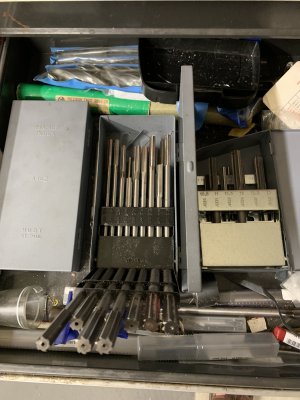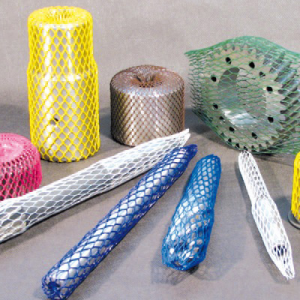- Joined
- Mar 31, 2015
- Messages
- 318

Hout makes reamer specific ndexes. The shorter metric ones fit in a drill index.
Amazon.com: Huot 12050 Chucking Reamer Index for Fractional Sizes 1/16" to 1/2" in 1/64" Increments : Industrial & Scientific
Buy Huot 12050 Chucking Reamer Index for Fractional Sizes 1/16" to 1/2" in 1/64" Increments: Chucking Reamers - Amazon.com ✓ FREE DELIVERY possible on eligible purchases
smile.amazon.com
Last edited:



